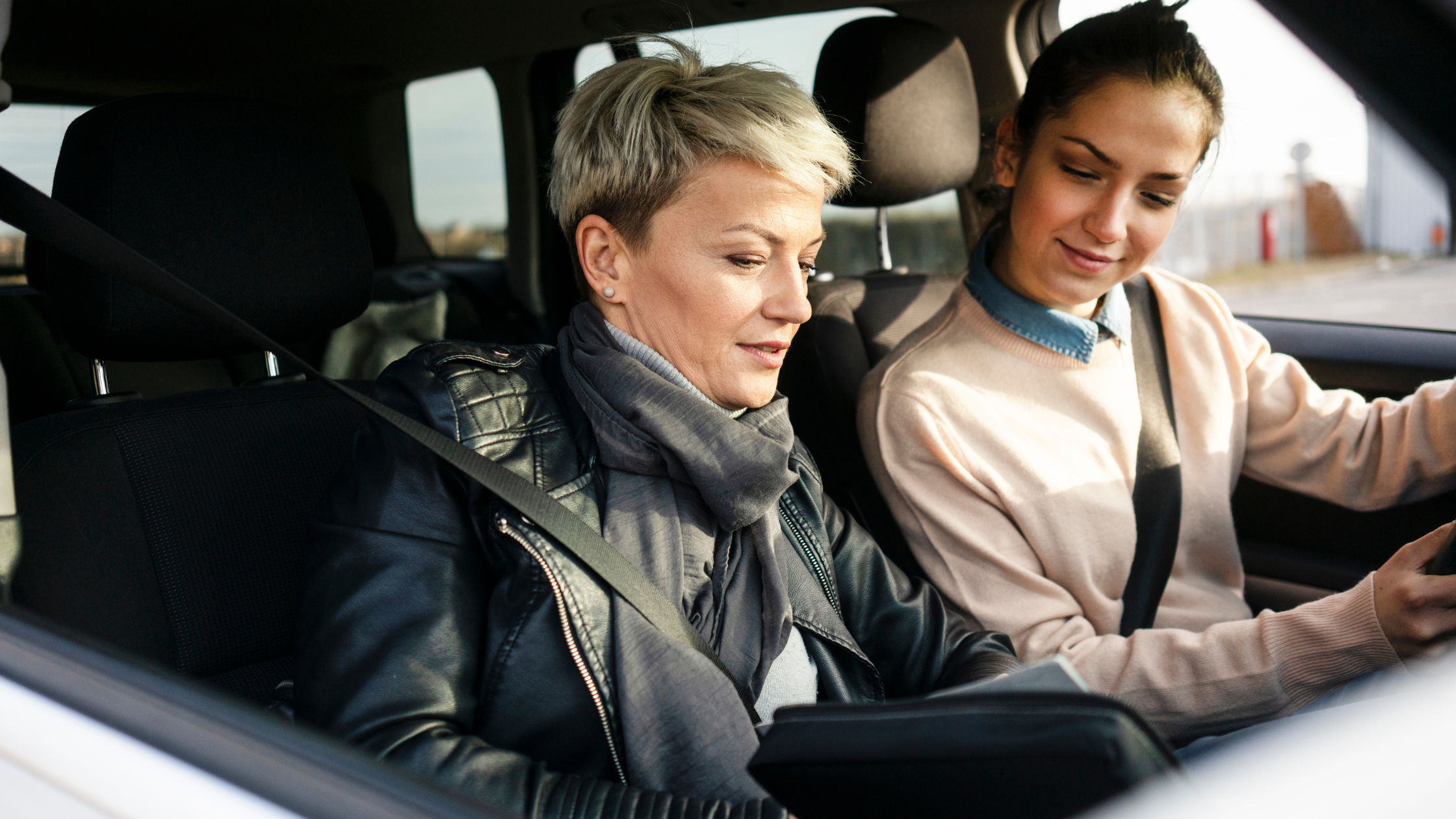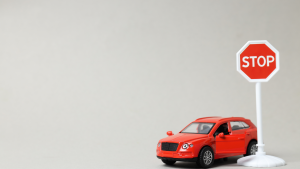The Institute of Advanced Motorists has revealed tips for young drivers that make motoring safer, cheaper and more enjoyable. These relate to maintenance, minimising the cost of motor insurance, coping with passengers, alcohol and motorways. The Institute’s Chief Examiner, Peter Rodger, said there are: “many new challenges that come alongside the sense of freedom” associated with passing the test.
He added: “It’s important that young drivers don’t see losing their l-plates as the end of their driving development” and that: “skill and knowledge come with experience”.
His advice includes:
Tips To Keep Young Drivers Safe On The Road
•“As part of learning to drive, it’s likely that you will have been taught how to do basic checks on your vehicle – tyre tread and pressure, fluid levels, lights, and mirrors and windows. It’s important that you spend a few minutes each week doing each of these checks in order to avoid a breakdown and drive safely.
•As a young driver, shopping for car insurance can be a stressful task – you’re likely to be faced with many unaffordable insurance quotes. Use comparison sites to shop around, and consider having a telematics box fitted to bring your premiums down. Further driver training will also bring costs down.
•The law states that you are allowed up to 80mg of alcohol per 100ml of blood before you are over the drink-drive limit. However, it’s impossible to judge how much you can drink and still be under the limit, so make it none for the road. And beware the morning-after effect – there may still be enough alcohol in your system to land you with a conviction for drink-driving.
•It’s inevitable that once you pass your test you’ll be expected to taxi about groups of your friends. But passengers are known to be one of the greatest and most disruptive in-car distractions. Make sure you keep your concentration on the road, rather than on those in the passenger seats.
•Learner drivers are currently not allowed on the motorway. This means that once they pass, they are faced with the often daunting task of driving on high-speed, unfamiliar roads. But there is no need to be anxious – motorways are statistically our safest roads, and the skills you learned to pass your test will equip you to take them on. Remember to check your mirrors more regularly and leave a minimum two second gap between yourself and the car in front.”
Source: Stephen Turvil @ Motoring.co.uk





